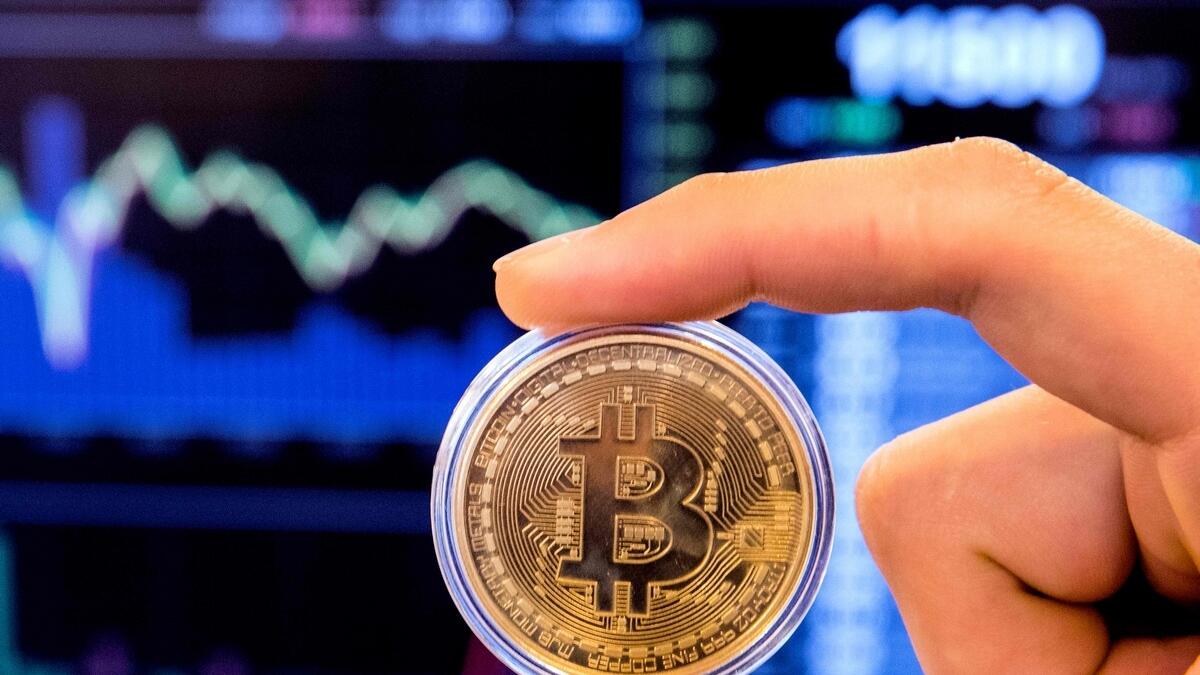What are cryptocurrencies?
Cryptocurrencies are decentralized, virtual currencies that use cryptography to verify transactions and limit the creation of new units. Governments or financial institutions do not control cryptocurrencies.
Bitcoin
Bitcoin, the first and most well-known cryptocurrency, was created in 2009. Since then, thousands of other cryptocurrencies have been launched. Cryptocurrencies are often traded on decentralized exchanges and can also be used to purchase goods and services.
Cryptocurrencies are becoming increasingly popular in Dubai. A recent study found that more than 20% of Dubai residents own at least one cryptocurrency. Despite this growing popularity, there is some confusion about whether or not cryptocurrencies are legal in Dubai.
Is crypto legal in Dubai?
The answer is yes; cryptocurrencies are legal in Dubai. However, there are some restrictions. For example, the Dubai Financial Services Authority (DFSA) does not regulate cryptocurrency exchanges. Investors do not have the same protections when investing in traditional financial markets.
Additionally, the use of cryptocurrency is restricted in specific industries. For example, it cannot be used to purchase alcohol or tobacco products.
Despite these restrictions, cryptocurrencies are still a popular investment in Dubai. They offer many advantages, such as 24/7 trading, anonymity, and global reach.
Are Muslims allowed to trade it?
Cryptocurrencies are also popular with Muslim investors as they offer an alternative to traditional banking systems, which often charge high fees and interest rates. In addition, cryptocurrencies are not subject to the same rules and regulations as fiat currencies.
It makes them an attractive investment for Muslims who wish to avoid investing in products and companies that do not adhere to their religious beliefs.
What about Sharia Law?
Sharia Law is a set of Islamic religious principles that govern many aspects of Muslim life. One of the main principles of Sharia Law is the prohibition of riba or usury. It means that Muslims cannot charge or receive interest on loans.
This principle has caused some confusion about whether or not cryptocurrencies are permissible under Sharia Law. It’s because most cryptocurrencies, including Bitcoin, are deflationary. It means that their prices tend to increase over time. As a result, investors may see their investment grow without charging or paying any interest.
However, there are a few cryptocurrencies that do pay interest. For example, the Stellar network offers a built-in inflation mechanism that allows users to earn interest on their lumens (XLM). Additionally, the MakerDAO platform allows users to earn interest on their Dai (DAI) tokens.
These platforms may be more attractive to Muslim investors as they offer a way to earn interest without violating Sharia Law.
How can you purchase cryptos?
There are many ways to purchase cryptocurrencies. The most popular method is to use a cryptocurrency exchange. These exchanges allow you to buy and sell cryptocurrencies for other digital currencies or fiat currencies.
Another way to purchase cryptocurrencies is through airdrops and bounty programs. Airdrops are when a cryptocurrency project gives away free tokens to its supporters. Bounty programs are when a project rewards its supporters with tokens for completing tasks such as promoting the project on social media or translating it into other languages.
Finally, you can also purchase cryptocurrencies from friends and family members. It can be done by exchanging digital currencies or fiat currencies directly.
What are the risks of investing in cryptocurrencies?
Cryptocurrencies are volatile and risky investments. Prices can fluctuate widely, and investors could lose all their invested capital. Additionally, there is no guarantee that any cryptocurrency will maintain its value or be widely accepted in the future.
Investors should only invest money that they are prepared to lose. They should also diversify their investments and not invest all their money in one cryptocurrency.
Conclusion
Cryptocurrencies are legal in Dubai and can be traded on decentralized exchanges. However, there are some restrictions in place. For example, cryptocurrency exchanges are not regulated by the DFSA. Additionally, the use of cryptocurrency is restricted in specific industries. Despite these restrictions, cryptocurrencies are still a popular investment in Dubai; read more here.
